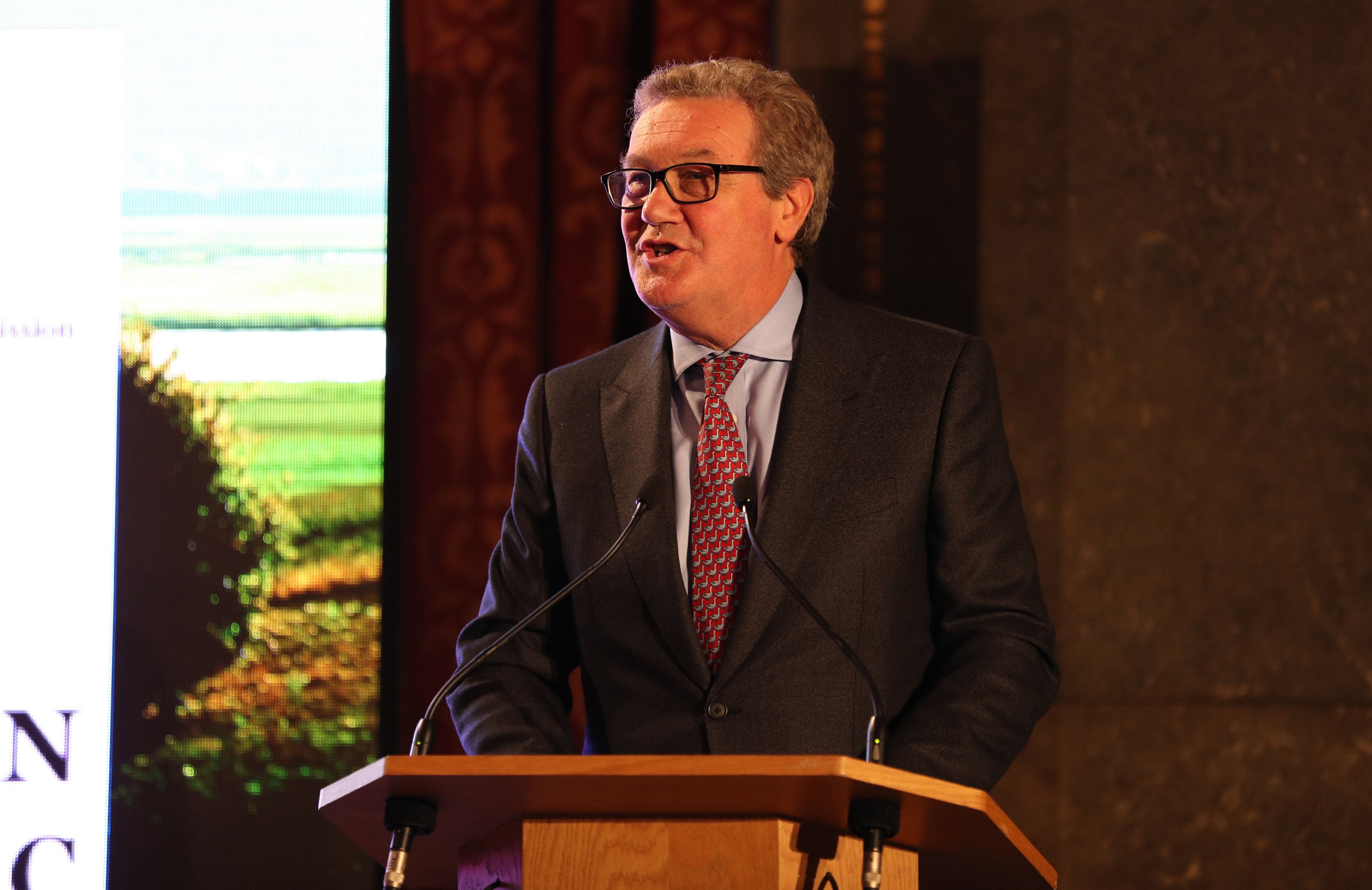Sunak migrant plan succeeded in Australia, claims top politician
Similar policy in Australia ‘basically killed off the trade’, says ex-foreign minister Alexander Downer
The plan to deport everyone who arrives in Britain illegally by boat to a third country - and permanently ban them from settling here - was tried in Australia and worked, it was claimed today.
Australian ex-foreign minister Alexander Downer, who was the country’s high commissioner in the UK until 2018, said a comparable measure put a stop to a similar problem in Australia.
Australia pioneered the concept of holding asylum seekers in offshore detention centres. Denmark has signed a similar agreement on deportations with Rwanda but has yet to send any migrants there.

In 2012, the Australian government reintroduced its offshore asylum processing policy that had previously been implemented in the early 2000s. Immigrants who arrived by sea – which is similarly prevalent in Australia, as with the UK – were then sent to Papua New Guinea and Nauru for asylum processing.
On Tuesday, Mr Downer claimed that this policy “killed off” this method. Speaking on BBC Radio 4, he recalled that it was introduced to “break the business model” of people smugglers bringing asylum seekers - mostly from Indonesia, he claimed.
“How did we break their model? By them not being able to deliver these people, in the case of Australia from Indonesia, so we essentially had to find somewhere else to send them, albeit for processing,” he said.
“We made an arrangement with Nauru…to set up processing camps there and this basically killed off the trade. I wouldn’t say no boat has never arrived there since, but this basically killed off the trade and it stopped the people smugglers sending people on these hazardous, incredibly dangerous journeys.”
Writing in the Daily Mail this week, Mr Downer also labelled illegal immigration “dangerous”, praising Rishi Sunak’s new policy.
“A humane, well-organised system must exist for refugees fleeing war zones or others seeking asylum,” he wrote. “But those who try to dodge that and act illegally must forfeit our sympathy.”
Meanwhile, the United Nations’ refugee agency urged MPs and peers to block Rishi Sunak’s “profoundly” concerning plan to tackle small boat crossings.
The UNHCR said the Illegal Migration Bill amounted to an “asylum ban” which would prevent people fleeing war and persecution from seeking refuge in the UK.
“We urge the government, and all MPs and peers, to reconsider the Bill and instead pursue more humane and practical policy solutions,” the agency said.
The legislation “would be a clear breach of the Refugee Convention and would undermine a longstanding, humanitarian tradition of which the British people are rightly proud”, the UN agency said.
The government’s approach, outlined by home secretary Suella Braverman on Tuesday, has been widely condemned by charities and human rights organisations.
The equalities watchdog questioned the approach being adopted, saying it risks “undermining the core principle of the universality of human rights”.
Join our commenting forum
Join thought-provoking conversations, follow other Independent readers and see their replies
Comments



Bookmark popover
Removed from bookmarks